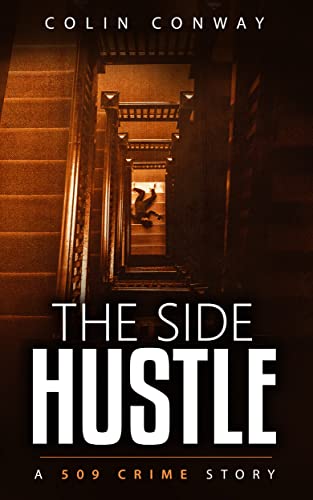
I sometimes complain that action novels are written like movies – that is to say, the action is implausible if you stop to think about it.
Stuart Doughty’s Shooting Gallery was (in my opinion) more like a TV show. The plausibility was even less plausible.
I’d read one of Doughty’s John Kite novels before, and liked it more than not. I found it insubstantial but fun. Shooting Gallery, seventh book in the series, is much the same, but it struck me as a little formulaic and (possibly) shopworn in concept.
John Kite’s specialty is recovering stolen works of art. At the beginning of Shooting Gallery, he’s in Massachusetts, attending the unveiling of a stolen Modigliani painting that he recently recovered. But during the ceremony, an intruder starts shooting a gun from a balcony, in the general direction of the front stage. Nobody is seriously hurt, but John (with the reckless disregard for danger that seems to be his style) pursues the shooter on foot, though he does not catch them.
Shortly thereafter, he learns that the recovered painting is a fake. As he asks questions and digs into the records, he begins to suspect that one of the most important figures in the art world, a man on the verge of an important government appointment, is a fraud, a murderer, and very likely something worse.
The writing in Shooting Gallery was generally good – not great, but better than average in this degenerate age. The attempts to render American dialogue could have been better, but I probably couldn’t do any better writing British dialogue. (I might add that there were opportunities to criticize American gun laws, and the author — to his credit — did not take advantage of them.)
What bothered me most was John Kite’s TV-style heroism. More than once he rushes to confront armed opponents with no weapon of his own, and walks into obviously perilous situations without a plan for survival. TV characters act like that, but not, I think, real people, even heroes. If they do, they don’t last very long.
Shooting Gallery was okay as pure entertainment. Read it if it seems like your cup of tea.









